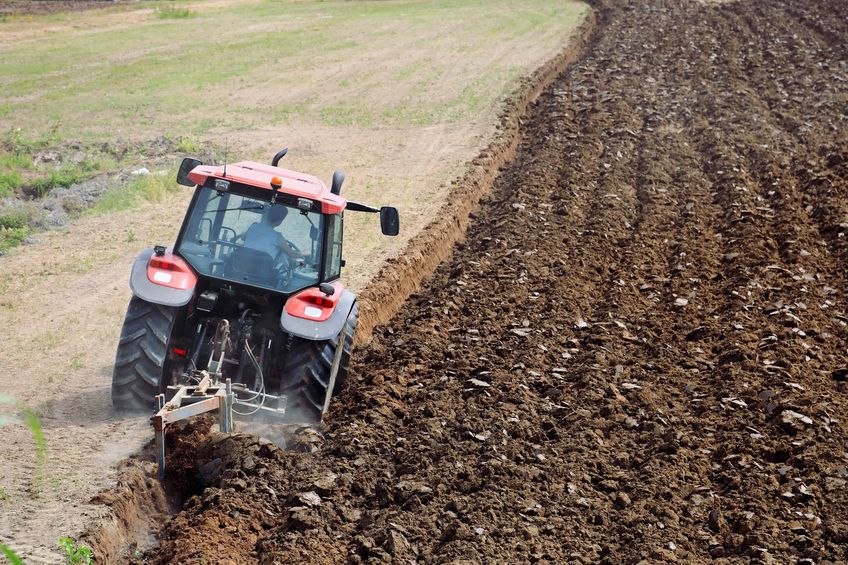
A lack of financial backing for young farmers was highlighted as a major inhibitor for young people wanting to get into farming in the next five years, post-Brexit.
An online consultation by the National Federation of Young Farmers’ Clubs (NFYFC) found the results in a survey titled ‘Considerations for a Future British Agricultural Policy’.
It gathered views from young people involved in farming following the decision this summer for Britain to leave the European Union.
Topics covered included future farm business culture; employment skills and training; farming regulations; building farm businesses; and farming subsidies.

A desire for parity with the EU on animal welfare legislation and maintenance of effective environmental conditions were key considerations for future farming.
NFYFC office holders will discuss the survey results with Defra so that young people’s views are considered as part of a future British agricultural policy.
Availability of finance was highlighted as one of the most important issues in the next five years of having a farm business career.
Responses included: 39% of respondents stated availability of finance for farm investments; 29% stated availability of farm land or farm buildings; 21% stated availability of working capital and 10% stated the availability of ‘other resources’.

'Getting started in farming has many challenges'
NFYFC’s Agricultural and Rural Issues Chairman Sam Dilcock said getting started in farming has "many challenges."
"We’ve now got the Land Partnerships Service, to help bring together farmers and land with new entrants and business ideas, which is great," Mr Dilcock said.
"But we need to look at short- and long-term finance too – which are especially big barriers to new entrants."
Feedback showed there was a sense amongst many young farmers that existing land owners and farmers, who have control of the land and an income from subsidy, are a barrier to new entrants who want to establish themselves in business.
While the majority of respondents wanted to see subsidies continue – 46% wanted it to continue only for a limited time.
Many of these young farmers do not expect to be given subsidies, but they recognise the unfairness of a system which is loaded against them. Existing farmers are provided with support, but those at the foot of the ladder are not.
The most popular choice for young farmers (35%) was to reduce or remove area-based basic subsidy payments and instead support farmers through grants/loans for farm business investments.
'Inextricably tied to land ownership'
NFYFC’s Vice Chairman Lynsey Martin said: “If the subsidy system is supposed to help farming become more dynamic, to contribute public goods and benefits, then it might do this better if it were not so inextricably tied to land ownership but instead addressed the business needs of established farmers and new entrants alike.”
Finding the right sort of employees in the future was also a concern for Young Farmers as 'future-employers.'
When asked about the skills most important for developing a farm business, young farmers highlighted the need for business administration skills, with nearly a third highlighting technical skills as important.
38% chose business administration skills (e.g. on legal and financial aspects of business operations); 30% chose technical skills (e.g. on using EBVs in livestock breeding decisions, or on the safe use of pesticides); 24% chose operational business skills (e.g. on understanding customers, market research and innovation)
Whilst there is clearly a diversity of skills needs amongst new entrants to farming, the importance of business administration skills stands out, and ties-in with surveys in previous years which have highlighted this as an important area for young farmers in their first years of business.
NFYFC’s Vice Chair Ed Ford said: “Modern farming equipment requires people with the practical skills as well as the education and understanding to use state-of-the-art machinery.
“The aging population of farm workers and the perception of careers and opportunities within the industry are still issues that detract from the sector,” Mr Ford concluded.
